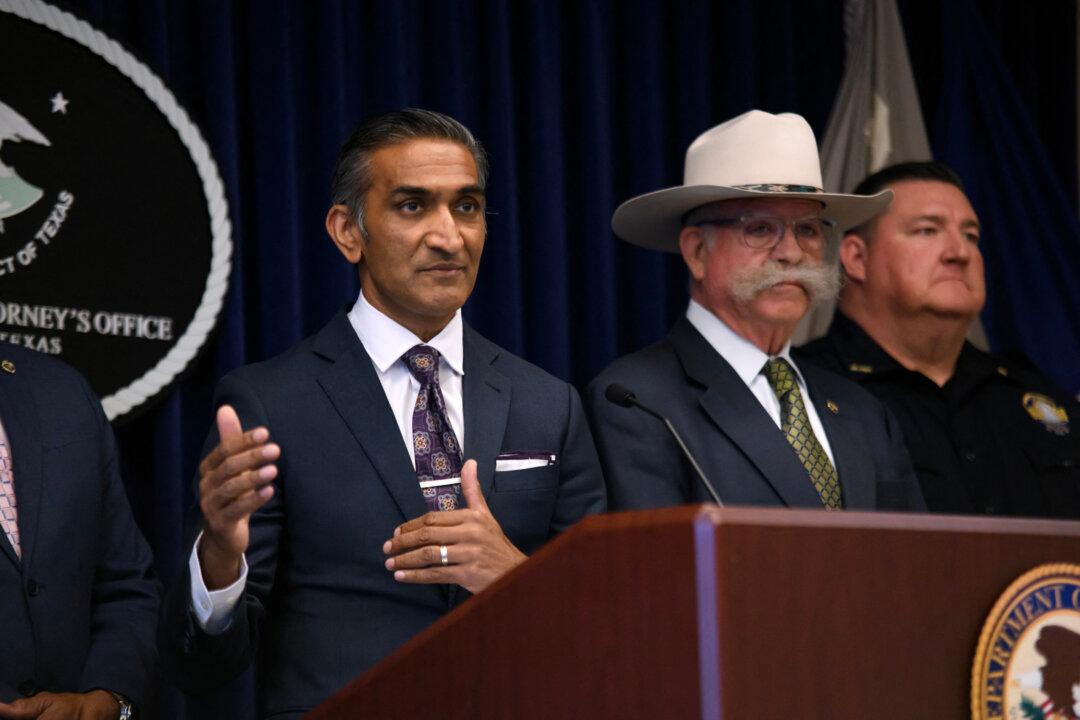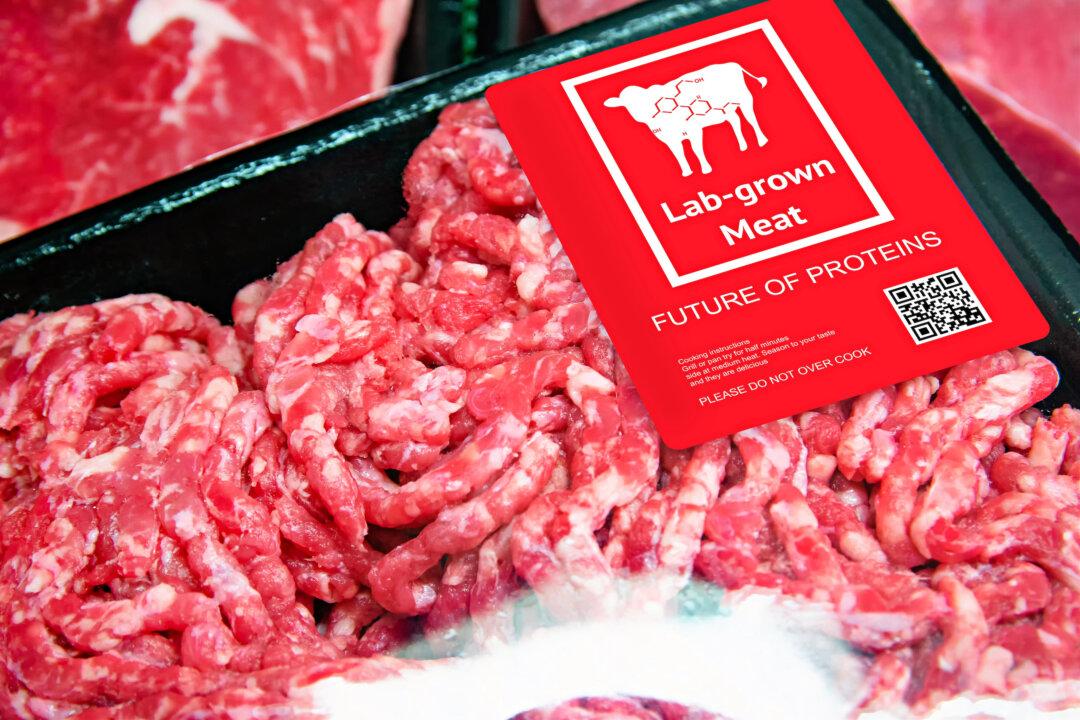Skyrocketing prices for auto premiums have led increasing numbers of Americans to take to the road without insurance, creating a dangerous cycle of escalating rates while putting a record number of drivers in economic and legal peril.
“A lot of people just don’t understand how serious of a problem this has become,” Loretta Worters, vice president of media relations for the Insurance Information Institute, told The Epoch Times.





